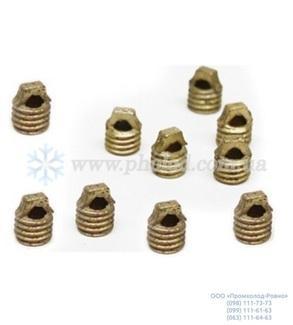
Depressor
Frost is the worst enemy of diesel cars. How to deal with the harmful effects of low temperatures?
There are more and more diesel-powered vehicles on Polish roads. The popularity of the "motor" is the result of the introduction of diesel engines with direct fuel injection. When buying a car with a diesel engine, it is worth knowing what properties the fuel in such an engine should have. This is very important before winter, when diesel fuel can be a source of unpleasant surprises.
Diesel fuel consists of paraffin, which changes from liquid to solid at low temperatures. For this reason, frost is the worst enemy of diesel cars. Paraffin clogs the fuel lines and the fuel filter, even in vehicles equipped with engine preheaters. A clogged fuel system means the trip is over. To avoid such surprises, Polish refineries produce three types of diesel fuel depending on the season.
Despite the strict definition of the above dates, it is not certain that we will fill up with winter oil on November 16th. It happens that some less frequented gas stations sell summer oil until late autumn, and transitional oil even in winter. What should I do to avoid refueling with the wrong fuel?
First, you should refuel at proven stations. These include public stations on large car depots, stations on routes with significant heavy traffic. A large number of filling stations for cars with diesel engines at the station indicates that the oil is fresh - in summer it was not in the tank.
Even if we are confident that we always fill the tank with winter fuel, let's have a bottle of depressant in the fall. This is a special preparation that lowers the pour point of paraffin. A portion of such a drug should be poured into the tank before each refueling. You must use it before the frost hits.
It is worth remembering that the drug does not dissolve already crystallized paraffins.
The depressant should lower the pour point of the oil by several or even ten degrees. However, this does not mean that adding it to summer or intermediate oil will allow you to drive in frostier weather. Unfortunately, the effectiveness of the drug is not fully guaranteed.
In addition to using a depressant, remember to change the fuel filter regularly. Halfway between replacing the cartridge, drain the water from the cartridge case. It is also worth using a cover for the air intake.
What to do if nothing helps and the frost freezes the diesel? Nothing can be done on the road. The car has to be towed to a warm room and, after warming up the vicinity of the fuel lines and the fuel filter with a stream of warm air, wait until the positive temperature “dissolves” the paraffin. Of course, open fire is not allowed.
To the top of the article
